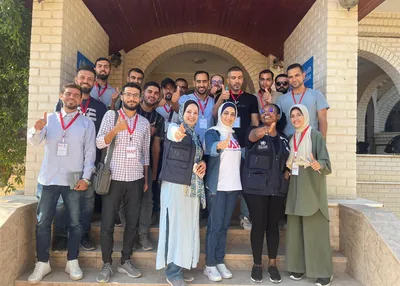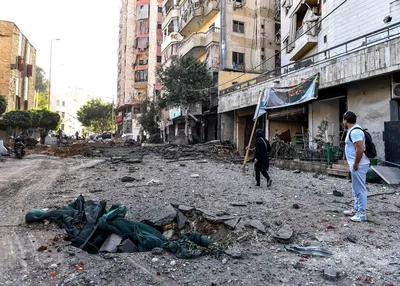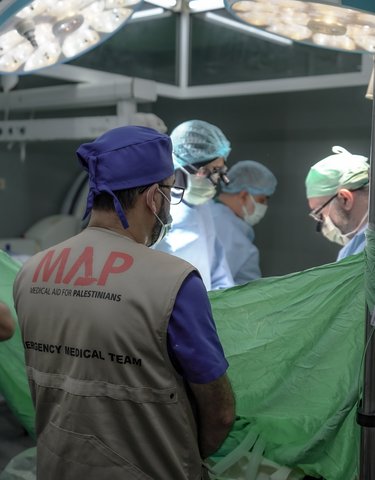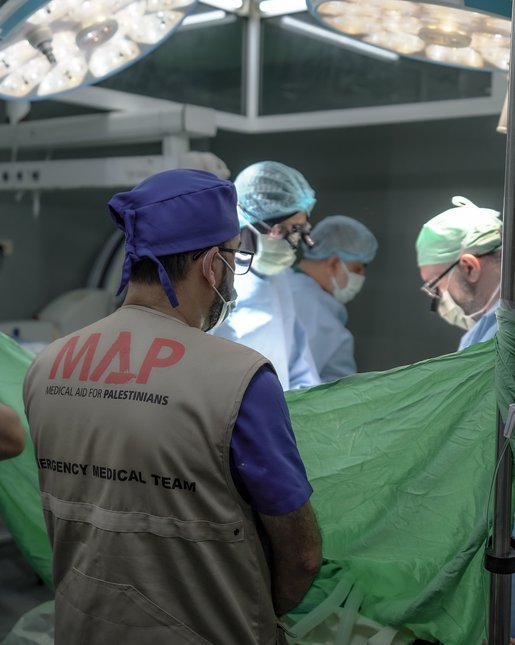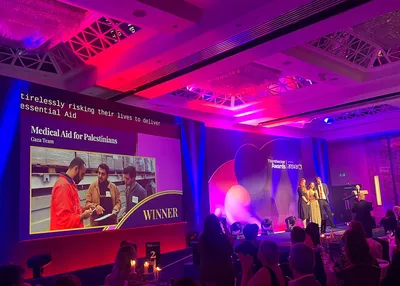Promoting growth, development and protection of Lebanon’s most marginalised Palestinian refugees
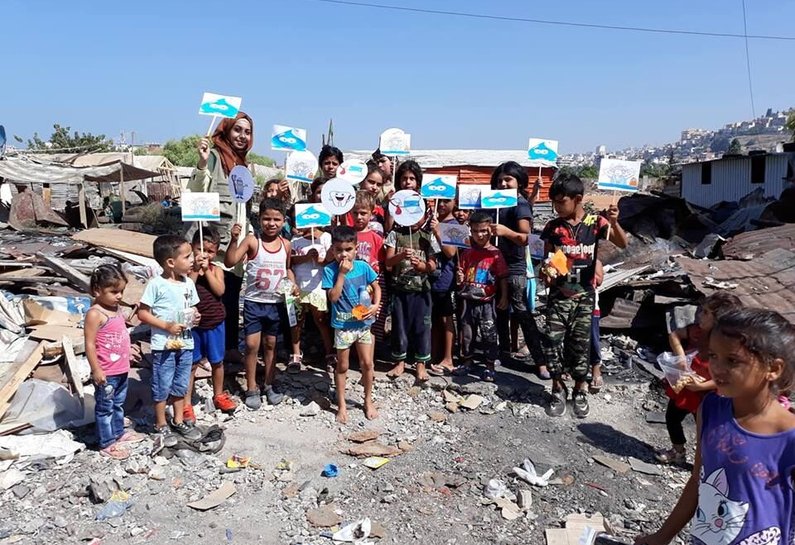
Wafa Dakwar, MAP's Senior Programme Officer in Lebanon, describes how Medical Aid for Palestinians (MAP) is helping to promote growth, development and protection amongst the most marginalised Palestinian refugees in Lebanon.
In one of the most impoverished parts of the Palestinian Ein el Helweh refugee camp in Lebanon, MAP and partners are reaching out to marginalised children and their families and introducing them to services. Life in Ein el Helweh, south Lebanon, is beset by the same challenges common to the camps across the country. Living conditions are cramped and unsanitary, unemployment and poverty rife, and access to essential services such as healthcare and education severely limited. With massive US cuts to the funding of UNRWA – the UN agency which is mandated to provide essential services to Palestinian refugees in the country – what scant resources there are to meet the basic needs of the population are set to dwindle further still.
MAP has been working to support the rights to health and dignity of Palestinian refugees for more than 35 years, and works alongside a network of local partner organisations to deliver our vital health programmes. Amid the growing pressures on these communities, MAP and our partners are working harder than ever to ensure we can reach their most isolated and vulnerable members.
Last Week, Solidarity Association for Social and Cultural Development, one of the five implementing partners of the MAP- and UNICEF-supported project entitled “Strengthening Community-Based Child Protection, Gender Based Violence Interventions, and Psychosocial Support in Palestinian Camps and Gatherings in Lebanon”, organised an open day event in Al-Sikki neighborhood of Ein el Helweh.
Al-Sikki is located on the western part of the camp, and is considered one of the most impoverished areas. Vulnerable Palestinian refugees, as well as some Lebanese and people without IDs, live there in makeshift tin houses or small unfinished brick homes. Children growing up there have very few opportunities to participate in educational, recreational, and psychosocial support activities.
The open day was the second in a series of activities and events aiming to reach out to the most marginalised children and families and introduce them to the range of services provided by MAP and our partner organisations. The open day focused on hygiene and health education, for example highlighting the importance of handwashing, and included interactive puppet theater, songs on educational themes, competitions, drawing and painting, and other activities.
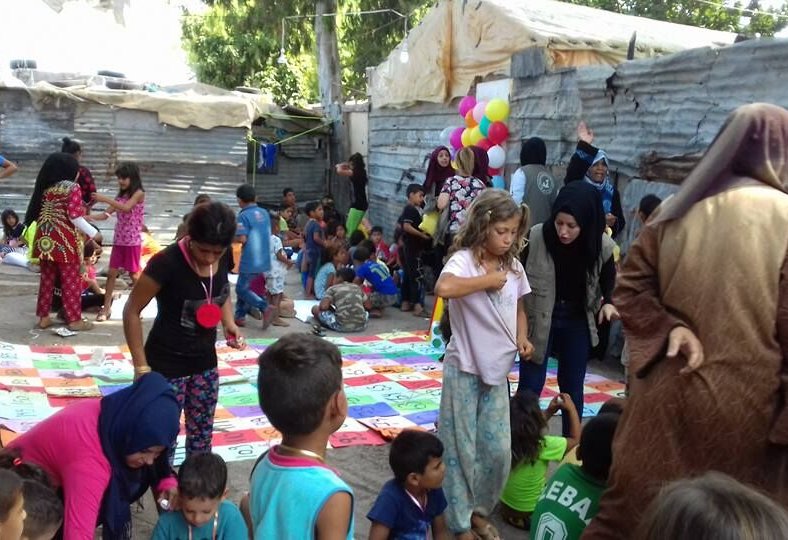
The open day successfully reached 120 children who joyfully participated in the various activities. Parents of children who took part were highly satisfied and asked for more of such activities to be hosted in the area. Many parents also asked to enroll their children in the project’s regular centre-based activities.
The project coordinator said that these open days are very important for engaging highly vulnerable children and giving them the opportunity to learn and to play – which is every child’s right. “Involving the children in the project’s activities allows us to assist them better and provide them with opportunities that promote their growth, development, and protection,” she added.
Would you like to support our programmes in Lebanon? Please donate today:
Related content
